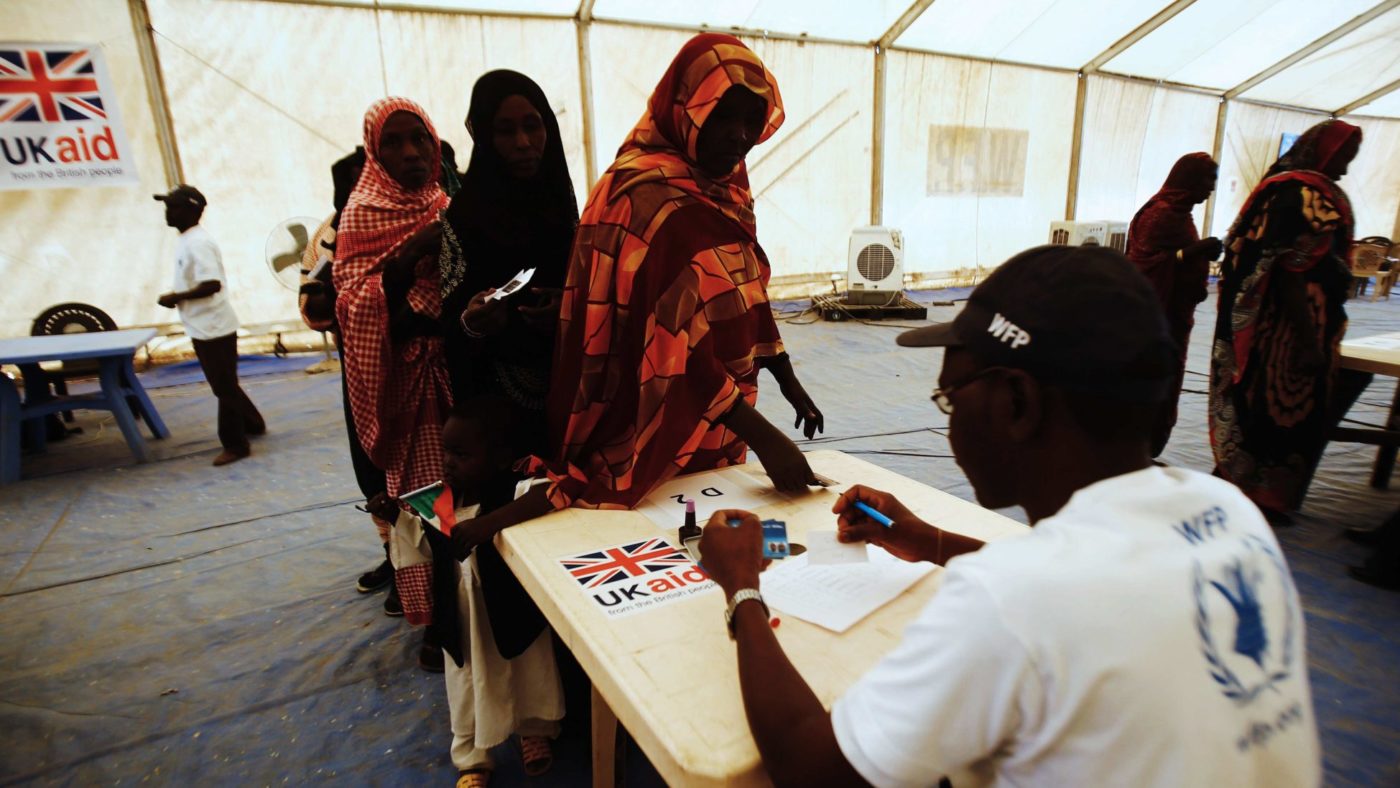We may be less than a month from leaving the European Union, but so much about our future remains unclear. One of the critical questions that we need to be asking is, post Brexit, what is Britain’s role in the world?
Our report Global Britain: A Twenty-First Century Vision attempts to add substance to the idea of “Global Britain” and British global strategy more generally. We put forward a plethora of proposals for improving Britain’s ability to influence the world around it, including the establishment of a National Strategy Council and a National Global Strategy, the rejigging of the departments of state (foreign, defence, trade, and international development) to promote greater integration, and rebalancing global spending priorities – with boosts to defence spending.
One of the critical issues the report focused on was how Britain delivers Official Development Assistance (ODA) and international development. The world has changed dramatically since the fall of the Cold War. More of humanity live productive and enriched lives than before.
The nature of international development is changing – and for the British public to continue to support spending 0.7 percent of Gross National Income on ODA, we need to reform the aid system. We need to think about development as more than merely the alleviation of extreme poverty. Instead, in a more competitive world, we need to think about it in terms of resisting revisionist narratives, preventing conflict, and spreading British values and ideas.
That doesn’t mean spending less, but it does mean spending better. We believe that to maintain the credibility of aid, the UK needs to include peacekeeping and a substantially expanded BBC World Service (radio and television).
The world is a more challenging and more dangerous place than at the end of the twentieth century. As the Defence Secretary told the House of Commons in December.
National security challenges have become more complex, intertwined and dangerous since 2015 and these threats are moving much faster than anticipated. Persistent, aggressive state competition now characterises the international security context.
The rise of authoritarian states, armed with new tools, is challenging the international order created at the end of the Second World War and renewed after the collapse of the Soviet Union.
Proxy and “grey zone” conflicts are back in vogue.
There are plenty of examples: on the streets of Salisbury, where a year ago Russia used biological weapons to poison its enemies; in Ukraine, where five years ago this month Russia prepared paramilitary groups to start war in Ukraine; in the 2016 US elections and even in laws passed in countries such as Australia against the threat of malign influence, this time from China.
Russia generates chaos in Ukraine and Georgia to prevent them from opening up their politics and economics and moving out of the Kremlin’s sphere of interest.
We have seen how Iran uses Hezbollah, Hamas and other Shia groups to gain leverage against Saudi Arabia and Israel.
China has pushed smaller neighbours around, particularly in relation to its designs on the South China Sea and in respect of its Belt and Road initiative.
Increasingly, these struggles will throw up a series of challenges for those involved in international development. Of course, many aid agencies will argue that “geopolitics” is not their concern, that their modus operandi is simply the alleviation of extreme poverty, wherever it might exist. However, this attitude is as short-sighted as it is disingenuous. These organisations – many well-meaning – must think harder about the international environment in which they operate.
To begin with, it is the British people who provide the money they redistribute – almost £14 billion per year, equivalent to £210 for every British man, woman and child.
Moreover, if authoritarian regimes simply undo the good work the UK and its aid agencies and charities have done, the British people will start questioning their own generosity. This will lead to a growing disenchantment with spending money on foreign aid. Thus, conducting international development as the UK has in recent years has become, in the words of Development Secretary Penny Mordaunt, “unsustainable”.
This is why it is important to consider the provision of foreign aid in a more holistic and comprehensive way. Consequently, we think a more sophisticated, integrated and strategic approach is needed, which links international development to foreign affairs, defence and trade.
We need to think about international development as more than merely the alleviation of extreme poverty. Instead, in a more competitive world, we need to think about it in terms of resisting revisionist narratives, preventing conflict, and spreading British values and ideas.
CapX depends on the generosity of its readers. If you value what we do, please consider making a donation.


